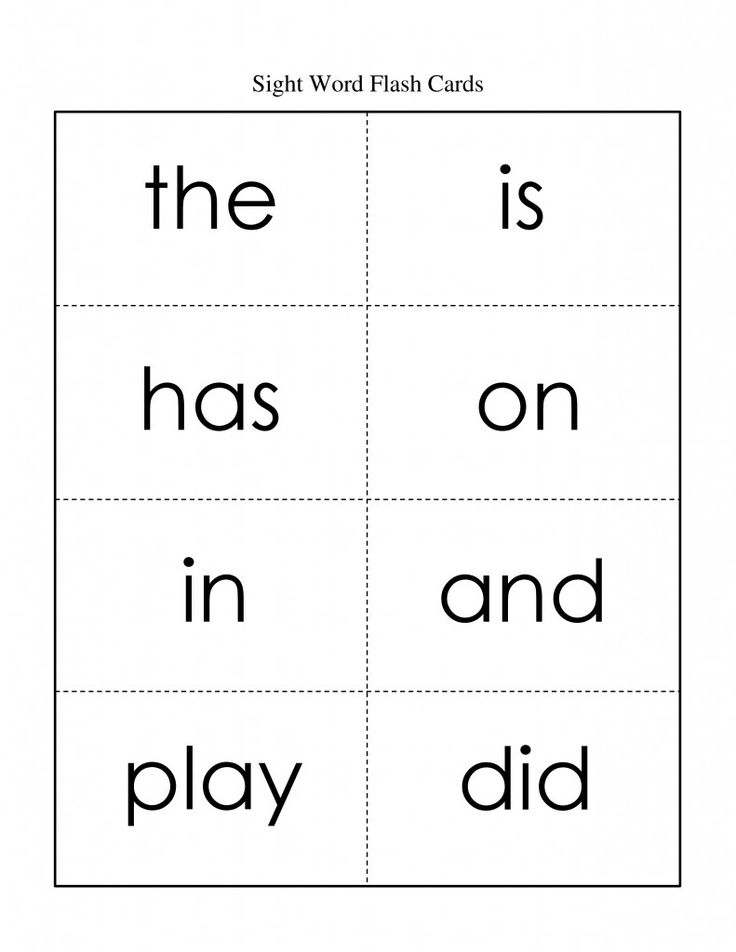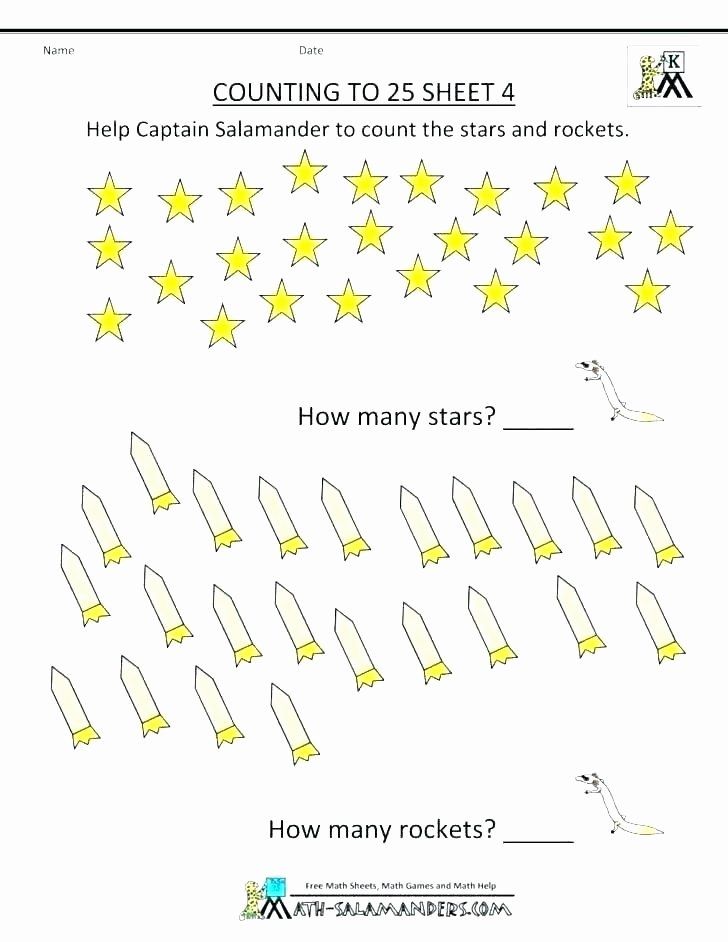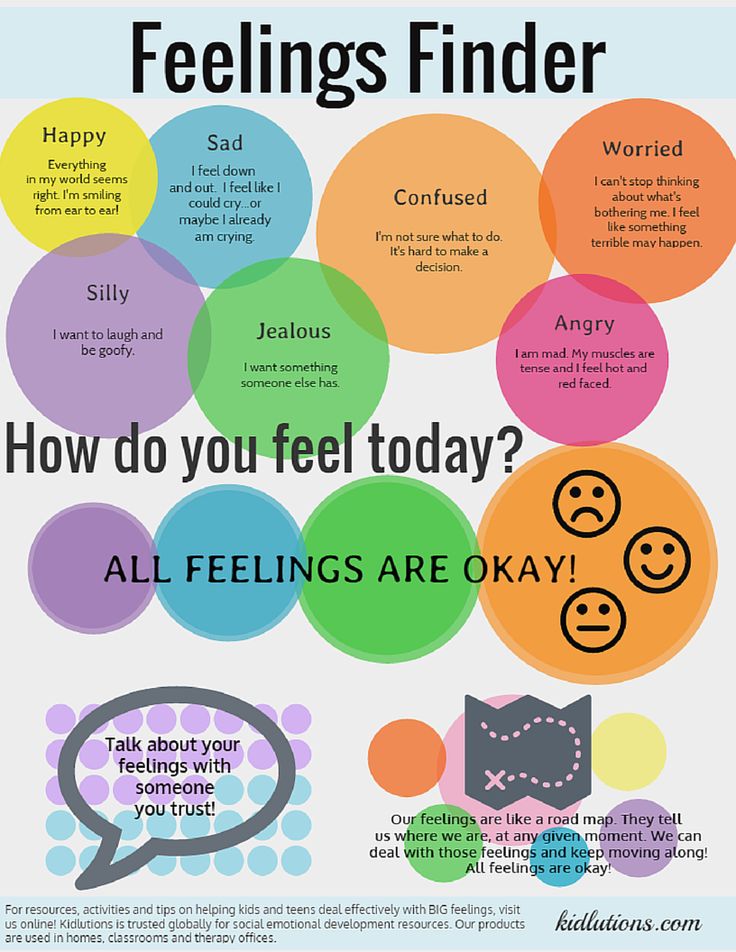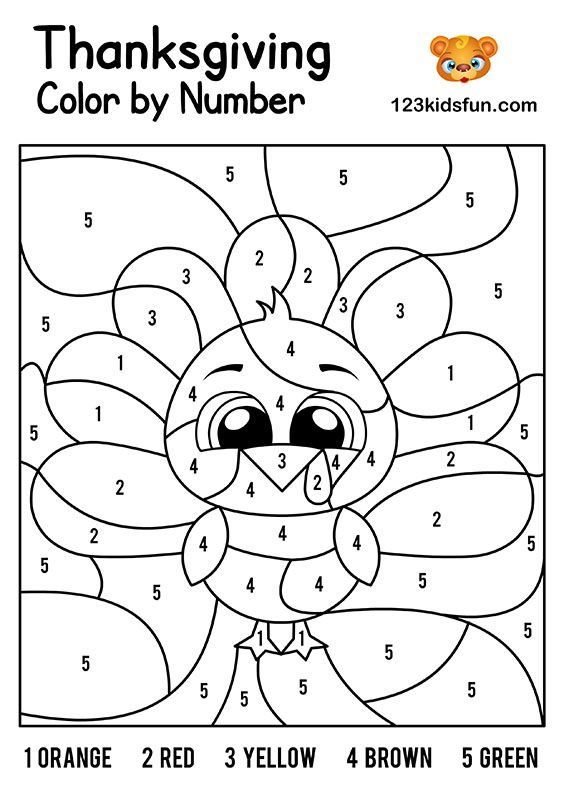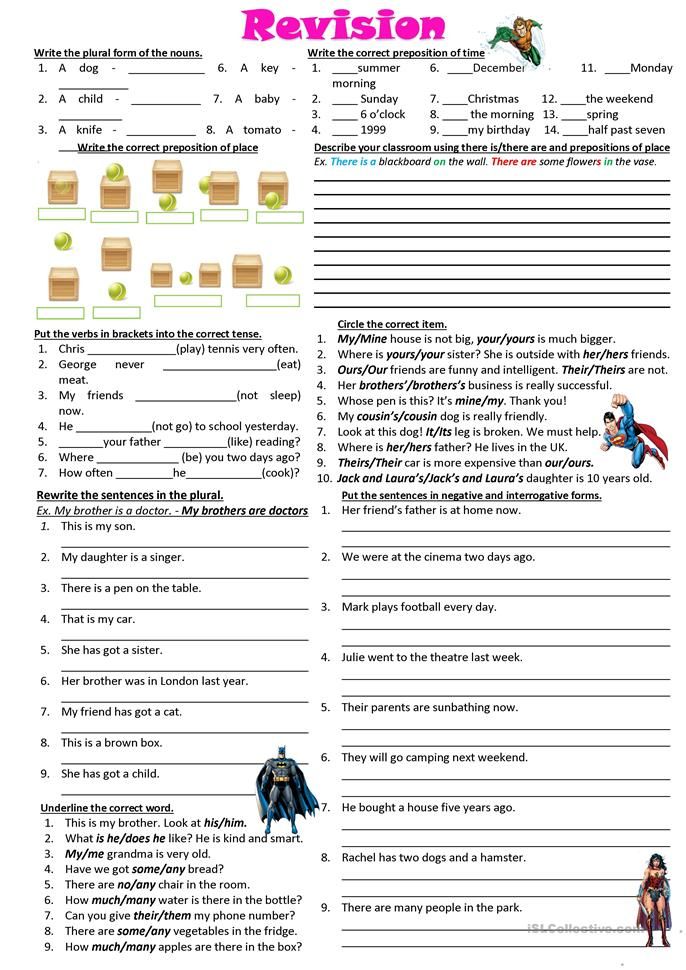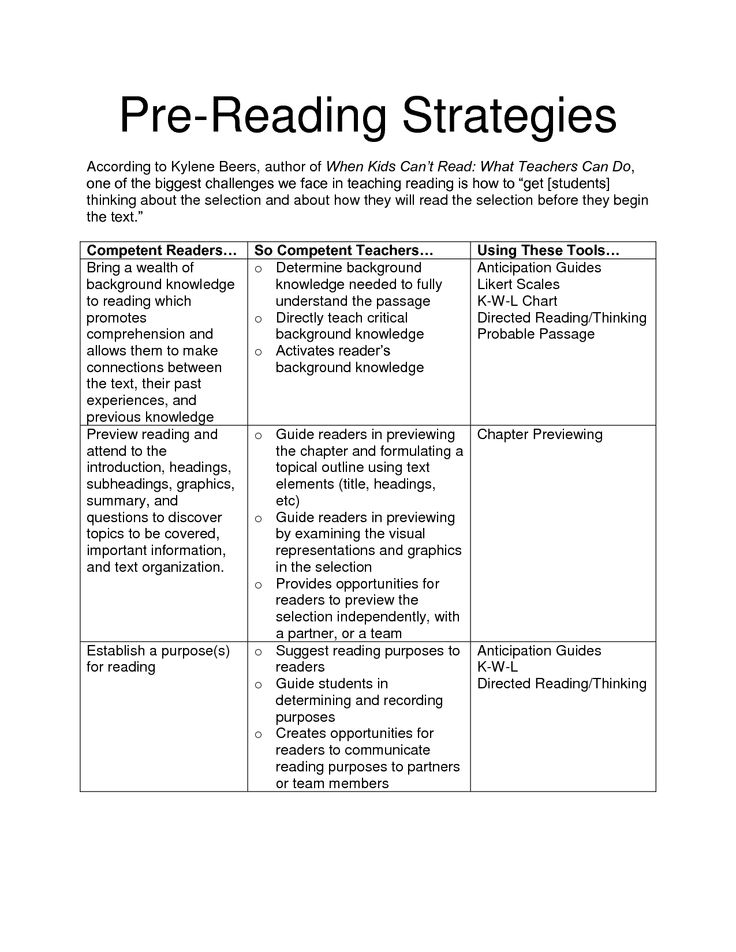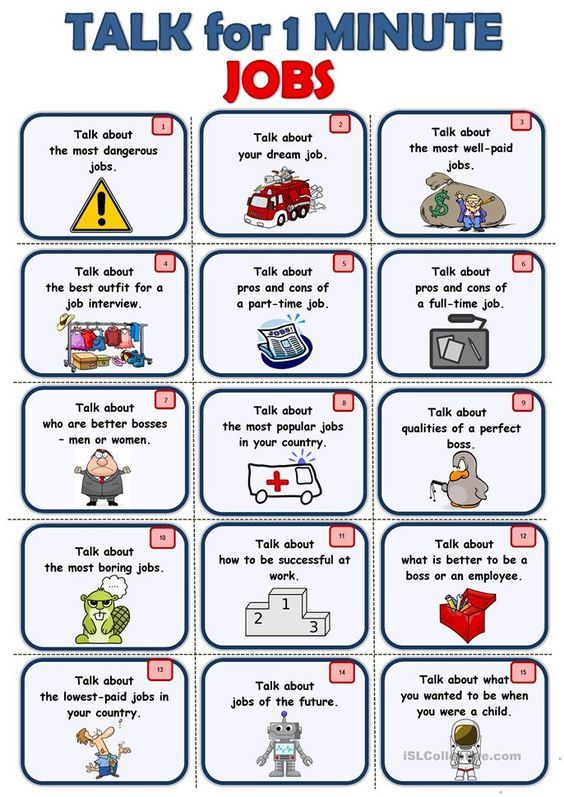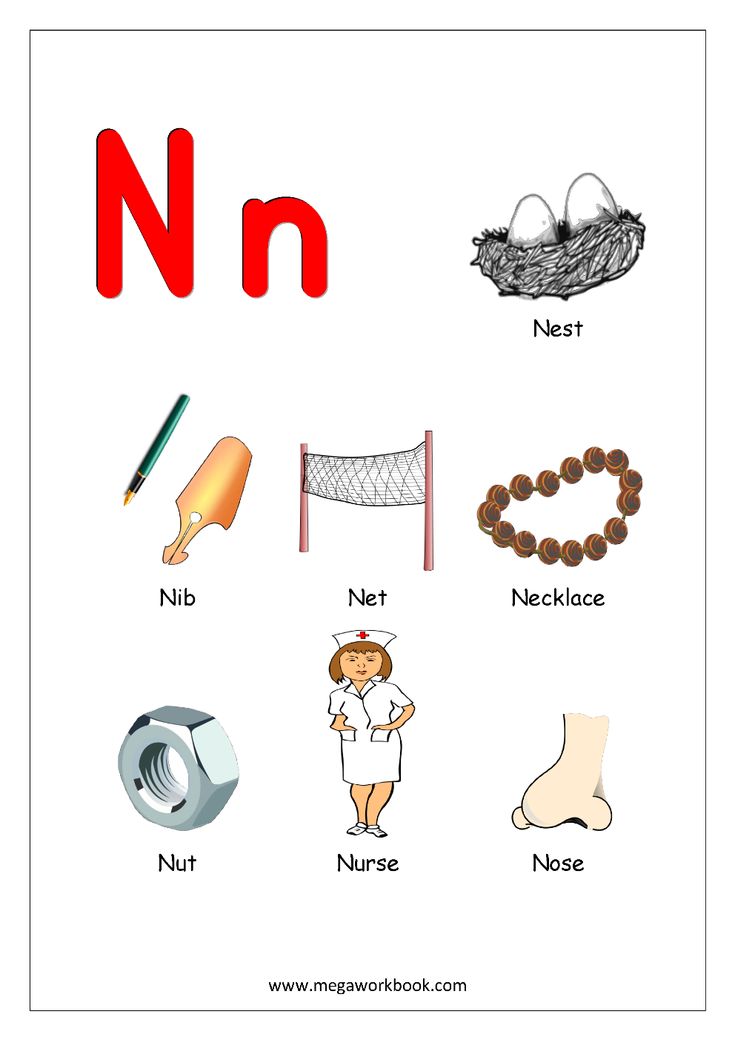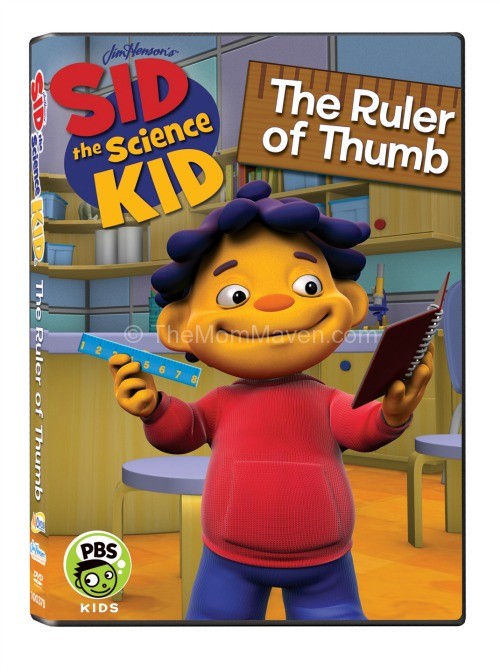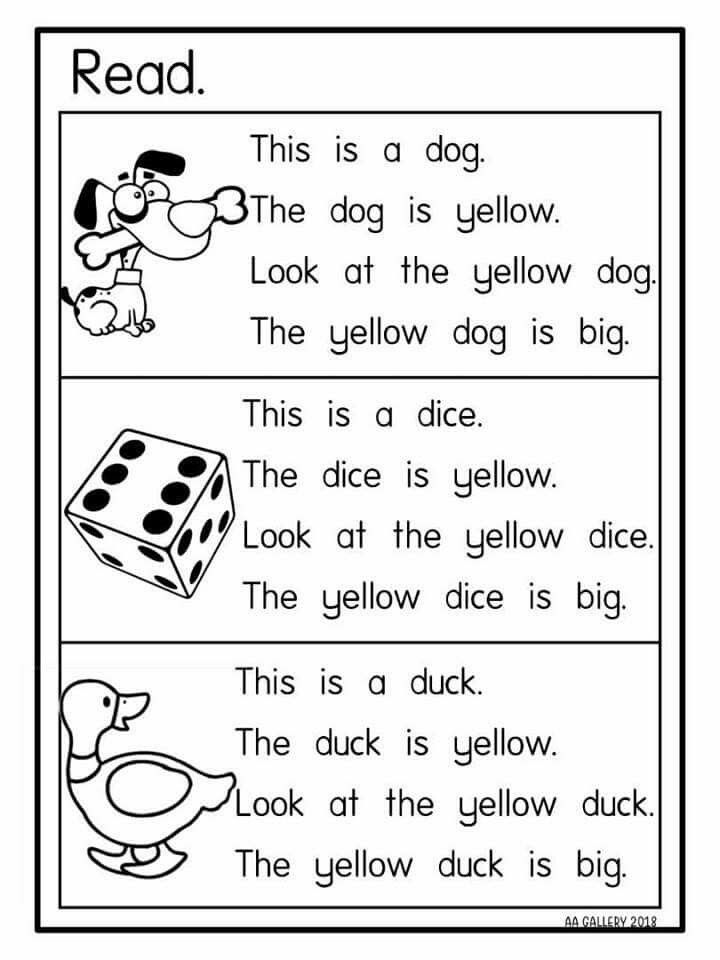I can read level 4 books
What's their reading level?
What's their reading level?Product
Reader Level
Survey
Terms
Checkout
Tell us about your young reader. Books are organized by color-coded reading levels reflective of age, and grade. You can change the reading level or gender options anytime so your subscription can grow with your child just login into your account.
Read Aloud: Age 0-3 (Level 0)
Short, simple words and sentences, Repetitive vocabulary, and full-color illustrations for pre-readers who are new to books. A mix of board books, paperback & hardcover editions.
$19.95 - $199.95
Read Along: Age 3-5 (Level 1)
Short sentences, repetitive vocabulary, and simple concepts for your child to learn how to read with a little help.
A mix of paperback & hardcover editions.
$19.95 - $199.95
Read With Help: Age 5-7 (Level 2)
Engaging stories, longer sentences, and less repetitive vocabulary increased wordplay for developing readers who still need some help. A mix of paperback & hardcover editions.
$19.95 - $199.95
Read Alone: Age 7-9 (Level 3)
More complex stories, challenging vocabulary, and engaging plots for the solo reader. A mix of paperback & hardcover editions.
$19.95 - $199.95
Read Advanced & Chapter Books For Tweens: Age 9-12 (Level 4)
Advance plots and vocabulary with short paragraphs and/or short chapters based on exciting themes to bridge the gap full chapter books. A mix of exciting fiction and non-fiction chapter books, how-to guides, graphic novels to keep things interesting.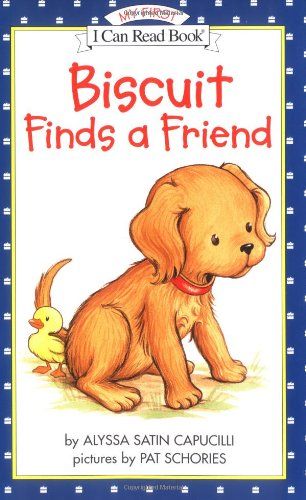
$19.95 - $199.95
What Customers Are Saying
"Impressive selection of books received. My grandson loves them all. Thank you!"
Kids Read Dialy Member Benefits
+ Each book is yours to keep forever
+ FREE SHIPPING
+ Books personalized to match your young reader
+Beautifully illustrated books in full color,
+ Books are large fonts high-quality paperback editions.
+Exclusive Amazon best selling books and #1 new releases.
+ Save up to 25% off Amazon list prices.
+Convenient monthly delivery to your door.
+Change reader level anytime so your membership grows with your child.
+No hassle cancelation policy
Choose Your Reader Level
Past Books
Fiction, coding, and comics for tween boys
Fiction and non-fiction for level three readers
Empowering heroine stories for tween girls
Chat with us, powered by LiveChat4th grade reading books for children aged 9-10 in Elementary School
Books for grade 4 – this list of suggested reading books for grade 4 children has been curated and compiled for elementary school children aged 9-10.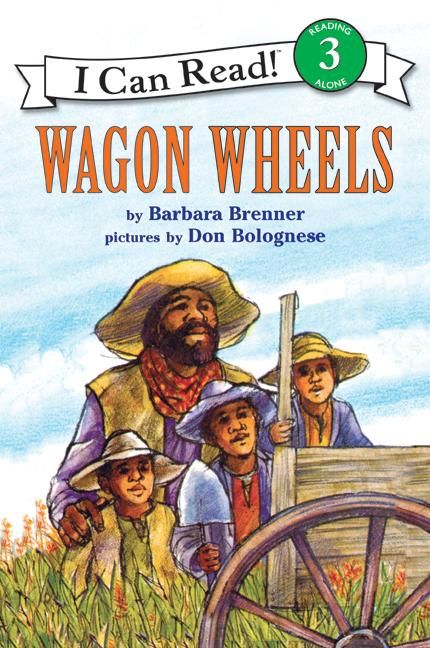 There is a range of exciting and thought-provoking books to suit all abilities, including easy readers and more difficult texts. Over the course of a year, these stories should inspire both those who find reading a struggle, and also challenge more confident pupils. This list of 4th-grade reading recommendations includes titles by J.K. Rowling, Laura Ingalls-Wilder, Tania Del Rio, Thanhha Lai, Arnold Lobel and Rick Riordan.
There is a range of exciting and thought-provoking books to suit all abilities, including easy readers and more difficult texts. Over the course of a year, these stories should inspire both those who find reading a struggle, and also challenge more confident pupils. This list of 4th-grade reading recommendations includes titles by J.K. Rowling, Laura Ingalls-Wilder, Tania Del Rio, Thanhha Lai, Arnold Lobel and Rick Riordan.
Indian No More by Charlene Willing McManis
An informative and factual middle-grade book, reflecting on the repercussions of the 1957 Indian Relocation Act. Regina and her family are told that her tribe no longer exists and they are forced to move to Los Angeles. Away from the reservation that she’s always known, Regina has to begin a new life. A useful book to spark discussions about race and American identity.
Diverse | Historical
Wings of Fire series by Tui T Sutherland
An epic fantasy story about wars between tribes of dragons.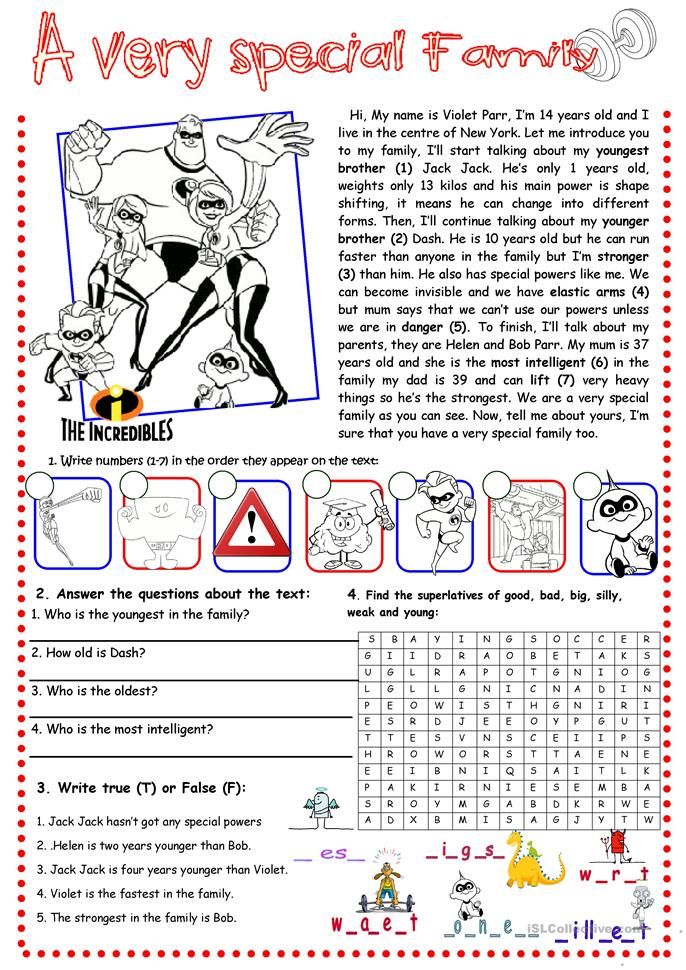 Can Clay Tsunami Glory Starflight and sunny find a way to save the world before it’s too late?
Can Clay Tsunami Glory Starflight and sunny find a way to save the world before it’s too late?
Graphic novel
Fables by Arnold Lobel
A beautifully illustrated book full of classic fables including funny stories and stories which will get your child to think.
Fables
The Phantom Tollbooth by Norton Juster
Milo is bored with everything and has nothing to do. But one day a tollbooth unexpectedly appears in his room. When Milo goes into the tollbooth he finds himself transported into another world which is far more interesting than his real life. A modern classic.
Classic
Harry Potter and the Sorcerer’s Stone by JK Rowling
J.K. Rowling’s modern classic about Harry’s discovery of a magical world which ordinary people – muggles – are not aware of. An ideal book to get your child interested in reading.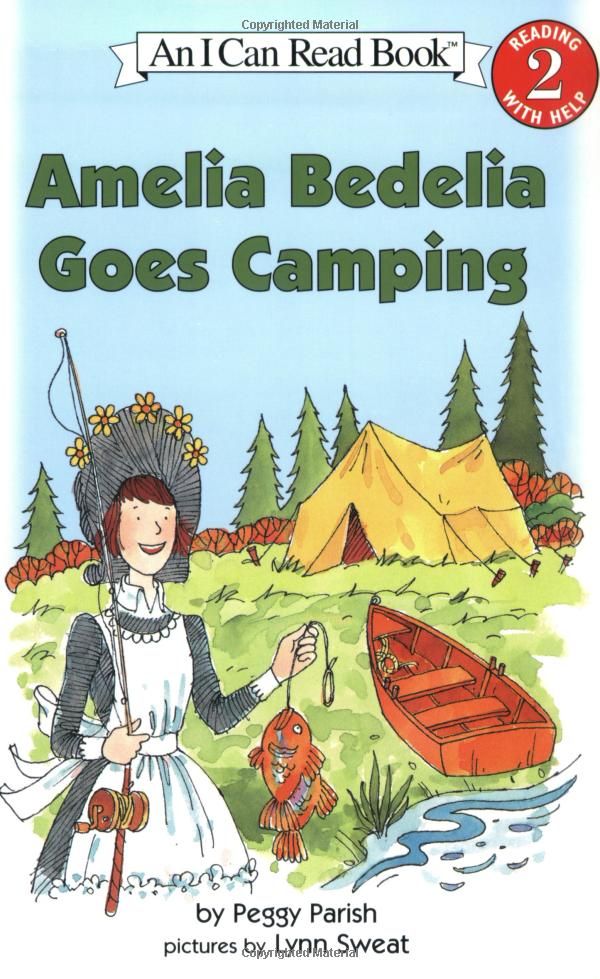
Fantasy
Alice’s Adventures in Wonderland by Lewis Carroll
Alice travels down a rabbit hole into a strange and unexpected world where nothing is quite as it seems. Danger and uncertainty lurk. This edition has fantastic illustrations to fire your child’s artistic imagination.
Classic
The Wild Robot by Peter Brown
When Roz the robot finds herself unexpectedly marooned on an island, she knows she needs to learn how to survive – fast – in this fast-paced thriller. A more advanced book for grade 4 children.
Adventure
Percy Jackson series by Rick Riordan
The complete set of captivating adventure novels based on Greek gods, myths, and fantastic creatures – told in a modern and fast-paced style.
Adventure
Serafina and the Black Cloak by Robert Beatty
An atmospheric and page-turning mystery novel set beneath the Biltmore Hotel.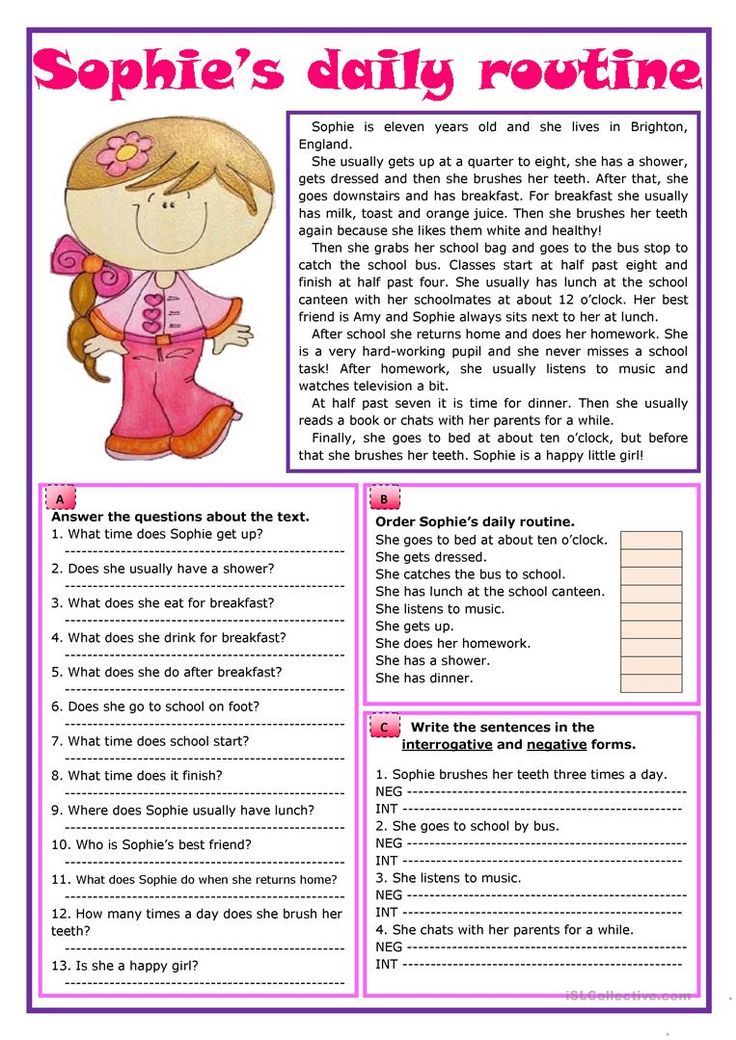 Children start vanishing – can Serafina and her friend Braeden find out why? A gripping read for grade 4 children.
Children start vanishing – can Serafina and her friend Braeden find out why? A gripping read for grade 4 children.
Mystery
Six Dots by Jen Bryant
The illustrated life story of Louis Braille and how he invented a system of reading for the blind. Inspiring.
Picture book | Biography
Fortunately, the Milk by Neil Gaiman
When Dad goes out to buy the groceries and takes rather longer than expected; he has some incredible stories to tell about his perilous quest for breakfast cereals – involving pirates, aliens, and wumpires. Very funny.
Humor
George’s Marvellous Medicine by Roald Dahl
Roald Dahl’s classic tale about the lengths George will go to in order to deal with his horrible grandmother. George invents a medicine that might just cure everything. Ideal for group reading in grade 4.
Humor
The Witches by Roald Dahl
A young orphan lives with his Norwegian grandmother who tells him incredible stories about evil witches who can smell children.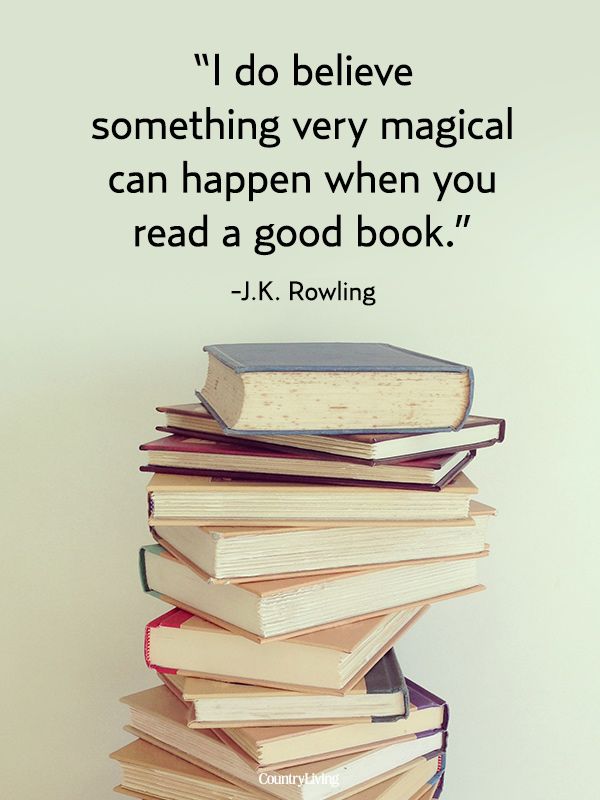 Then he meets some. Will he find a way to elude them? A favorite book for grade 4 students.
Then he meets some. Will he find a way to elude them? A favorite book for grade 4 students.
Fantasy
Warren the 13th and the All-Seeing Eye by Tania Del Rio
An atmospheric mystery story about Warren – the 13th of his line – who is due to inherit a large dilapidated hotel. Somewhere inside is a priceless treasure of myth and legend. Can he battle witches and monsters to find it first?
Mystery
Little House on the Prairie by Laura Ingalls Wilder
A classic tale of the author’s life as a pioneer in Kansas. Beautifully illustrated, this is a tale of family unity in times of frontier hardship.
Classic
The Magnificent Lizzie Brown and the Ghost Ship by Vicki Lockwood
Part of a series, this book is an engaging adventure mystery set in England. Lizzie Brown must solve a mysterious burglary involving a ghost ship.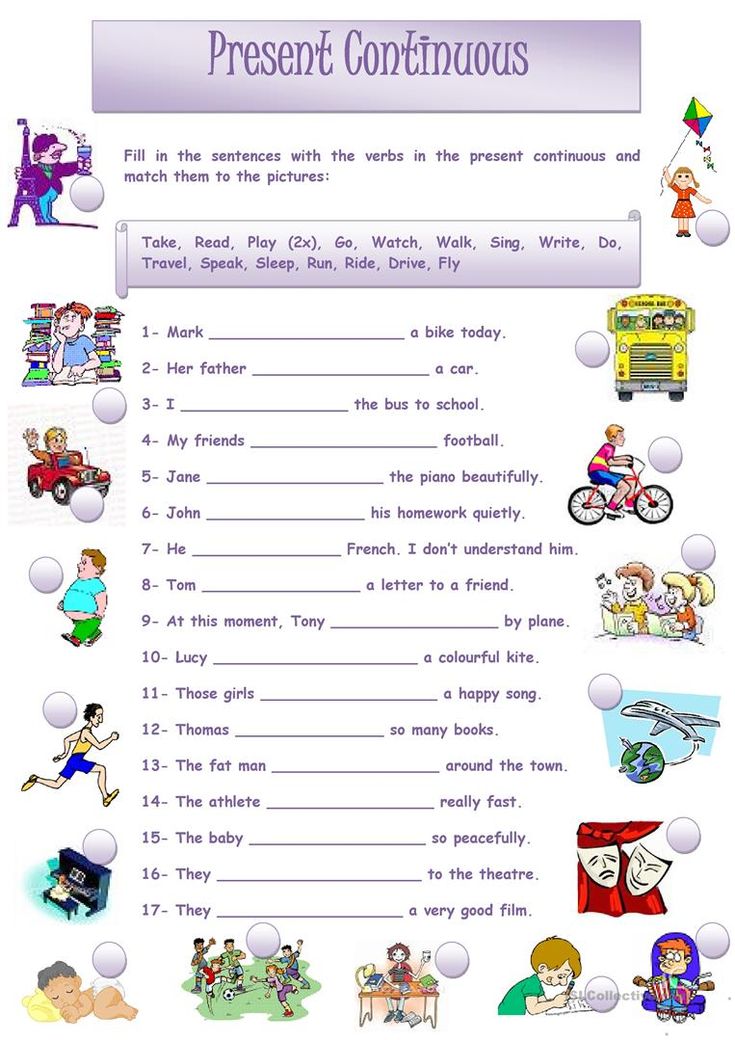 What secrets is the strange seaside town hiding? This is an ideal book for grade 4 readers who are more confident.
What secrets is the strange seaside town hiding? This is an ideal book for grade 4 readers who are more confident.
Mystery | Adventure
A Boy Called Dickens by Deborah Hopkinson
An award-winning illustrated book about the childhood hardships of Charles Dickens in nineteenth century London.
Biography
The Little Prince by Antoine de Saint-Exupéry
A little prince appears before a marooned pilot and goes on a journey to different worlds – each only containing one person. A modern classic with clever illustrations.
Classic
The Jungle Book by Rudyard Kipling
Brought up by wolves, Mowgli learns about the world from the animals around him. A classic story – with vivid characters – which inspired the famous Disney film. A great group reading book for grade 4.
Classic
The Peculiar by Stefan Bachmann
Bartholemew and Hetties are Peculiars – secretive creatures who try desperately to remain invisible to and unnoticed by ordinary people. But when other Peculiars are being killed, they suddenly have to act. A story that is full of magic and suspense.
But when other Peculiars are being killed, they suddenly have to act. A story that is full of magic and suspense.
Fantasy
The Mouse with the Question Mark Tail by Richard Peck
A mouse on a mission decides to travel to Buckingham Palace to meet the queen. A ripping adventure yarn that will thrill 4th grade readers.
Animal story
Inside Out and Back Again by Thanhha Lai
The author’s moving first-person account of leaving Vietnam after the fall of Saigon and moving to Alabama. Poignant, and told in verse. A good book for 4th grade paired reading.
Historical | Autobiography
Real Friends by Shannon Hale
Bullies, frenemies and long-lasting true friendships fuel this fast-paced graphic novel story which will appeal to more reluctant readers in grade 4.
Graphic novel
The Right Word by Jen Bryant
The fascinating story of Roget’s Thesaurus told through the eyes of Peter Mark Roget as a child.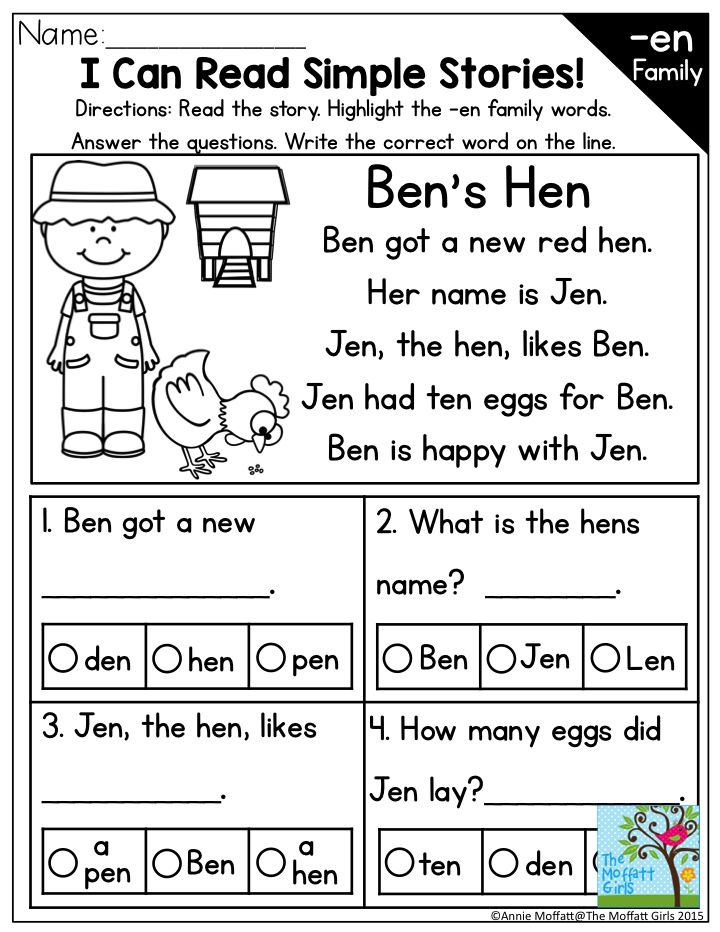 His love of words when he was young grew into a lifetime achievement and the book we know today. Evocative and descriptive this is a great example of historical fiction for younger readers.
His love of words when he was young grew into a lifetime achievement and the book we know today. Evocative and descriptive this is a great example of historical fiction for younger readers.
Historical
The Quilt Walk by Sandra Dallas
Set in rural nineteenth-century Illinois, Emmy’s grandmother gifts her a special gift for the journey west to Colorado.
Historical
Because of Winn-Dixie by Kate DiCamillo
When Opal is sent to buy the groceries, the ten-year-old instead returns with a dog. Not just any dog, Winn-Dixie helps Opal with finding not only new friends but deeply hidden family secrets. A classic, ideal for reading aloud in grade 4.
Classic
Extraordinary by Miriam Spitzer Franklin
A powerful story about Pansy who looks forward to meeting her best friend last year, Anna at the next summer camp. But in the year that has passed, Anna’s world has changed completely, and Pansy doesn’t know how to deal with it.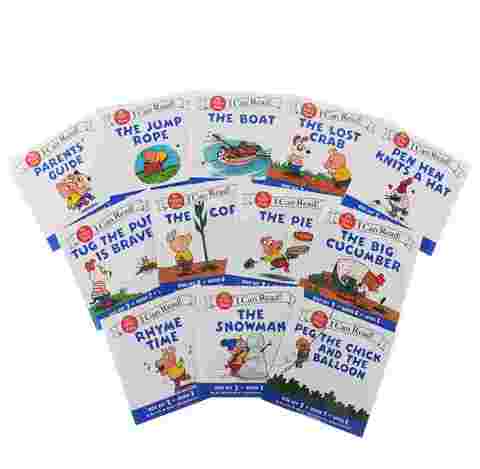 A great book for grade 4 to discuss disability and change.
A great book for grade 4 to discuss disability and change.
Diverse
Liberty Porter, First Daughter by Julia DeVillers
When Liberty Porter’s father is elected President her life changes completely. She decides to throw herself into her new role as first daughter, but will she persuade her parents to buy her a horse? A funny book that will appeal to reluctant readers.
Humor
Frindle by Andrew Clements
When Nick decides to invent a new word for a pen – the Frindle – all his friends start using the word, then the whole town, and pretty soon the new word is out of control. A fun book to read aloud in grade 4.
Humor
The Girl With the Glass Bird by Esme Kerr
Edie has been sent away to an old-fashioned boarding school in the countryside. But she’s not there to study. In fact, her uncle has sent her their to spy on Russian royalty and solve the mystery of a missing work of art.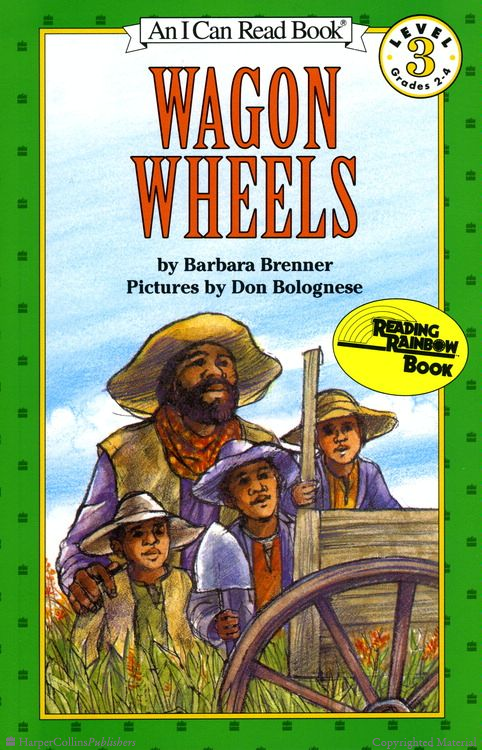
Mystery
D’Aulaires’ Book of Greek Myths by Ingri d’Aulaire and Edgar Parin d’Aulaire
A beautifully illustrated and well written collection of Greek Myths which will appeal to readers in the 4th grade.
Myths
Ophelia and the Marvelous Boy by Karen Foxlee
In this clever reinterpretation of The Snow Queen, Ophelia goes on a dangerous journey fraught with peril to rescue a boy locked in a room by the scary Snow Queen. Exciting and descriptive, this book is bound to be a hit with more confident 4th grade readers.
Adventure
Woundabout by Lev Rosen
In this imaginative fantasy, Connor and his sister Cordelia are sent to live in the strange town of Woundabout. When they discover a strange machine, they realize winding it can change everything for the better – but not everyone wants to change. A fascinating story for more advanced readers.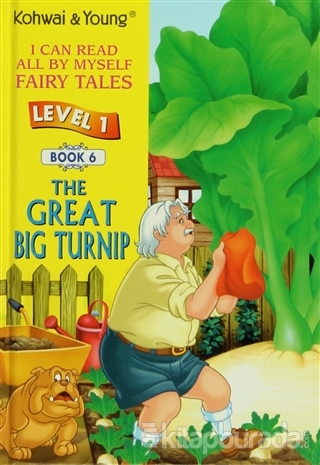
Fantasy | Adventure
Read the Harry Potter books? Now build Hogwarts School our of Lego! Hours of imaginative children’s literature fun with book-themed Lego play.
If you would like to order all or most of the books in this 4th grade reading list; or if you want to order classroom sets or multiple copies of books; or if you are ordering from outside the US, have a look at our ‘bulk orders’ page which makes this process easy.
Click for more reading recommendations – Kindergarten books | Grade 1 books | Grade 2 books | Grade 3 books | Grade 4 books (this page) | Grade 5 books | Grade 6 books | Grade 7 books | Grade 8 books | Grade 9 books | Grade 10 books | Grade 11 books | Grade 12 books
Please do share or link to this page via social media, but refrain from copying or reproducing our 4th grade book synopses. Please respect intellectual property and copyright. Thank you.
How to read books in English correctly so that they are useful and enjoyable: a detailed guide / Sudo Null IT News
Reading is one of the top ways to improve your English and enjoy reading books in the original.
But the thing is that reading in one's native language and in the second one are different. In this article, we will give a detailed guide on how to read in English, so that it is fun and beneficial.
Step 1. Selecting a book
Here you need to consider a few basic nuances. The story itself is the foundation. And everything else you can do only if you feel like immersing yourself in the world that the writer is talking about.
1. You must like the style and the author
It seems to be simple and banal. You like fantasy - you choose fantasy. If you like to read detective stories or dystopias, feel free to take them.
The benefits of reading literature in English largely depend on pleasure. This is where psychophysiological mechanisms come into play. When you like something, the body's hormonal system releases dopamines and endorphins, which, in addition to feeling joy and good mood, also stimulate memory and cognitive abilities.
When you like something, the body's hormonal system releases dopamines and endorphins, which, in addition to feeling joy and good mood, also stimulate memory and cognitive abilities.
The more emotional involvement in the story, the better the language constructions and lexicon will be perceived. In the scientific publication Journal of Education in Black Sea Region in 2016, published the results of a study , which proved the influence of the perception of reading literature in a foreign language on the result of its study.
2. The complexity of the vocabulary of the book should correspond to your language level
There are already a huge number of collections of literature in English on the Internet according to the level of language proficiency. We also made a few of these. Here are times , here is two .
The mechanics are simple:
-
First, evaluate your current language level. In any appropriate way.
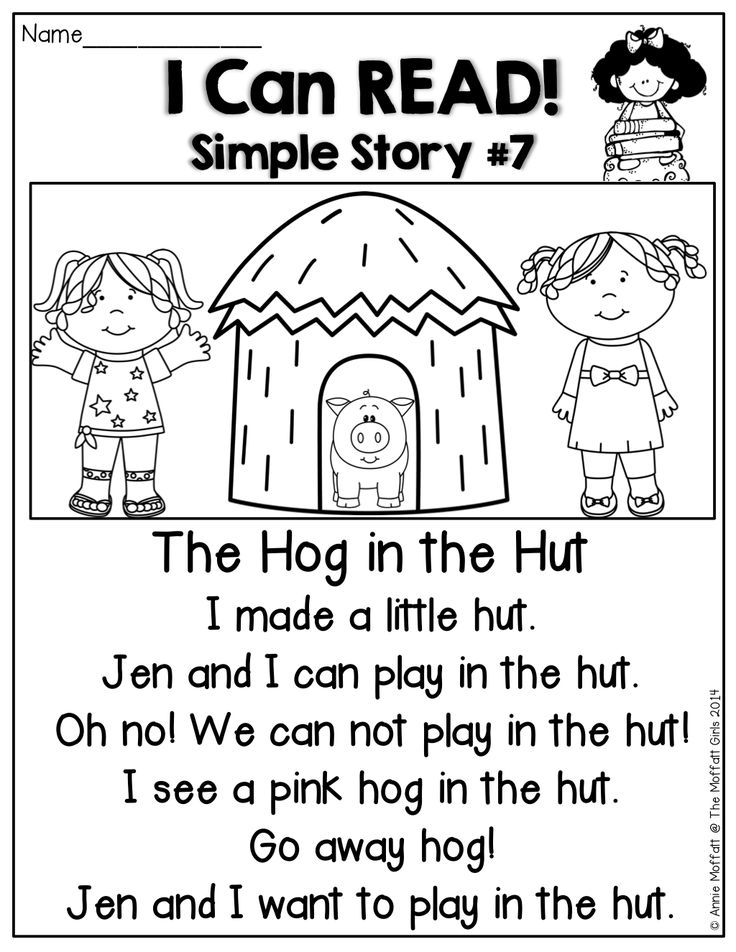 For example, using in our test .
For example, using in our test . -
Choose a book by level and according to your preferences. It is clear that only fairy tales and stories for children are suitable for the Beginner level, but with Intermediate you can already pick up quite interesting books.
It only takes a few minutes to check if a book is right for you. Read one or two pages.
You should understand approximately 80-90% of all vocabulary. Let's explain why this is so.
If all the words are known, you will not be able to improve your vocabulary. And in the course of reading one book, a student can learn from 50 to 200 new words, which significantly develops the vocabulary even at high levels of language proficiency.
If there are more unknown words, you will not be able to fully understand the plot. An interesting story will turn into a textbook that is neither fun nor useful.
Even if you love Tolkien, you won't be able to read The Lord of the Rings in the original at an Intermediate level.
Highly artistic turns and abundant use of rare words create a chic atmosphere, but do not contribute at all to understanding. But students with Advanced will enjoy the book.
3. The volume of the book should correspond to your reading speed
Even if your English is at the Advanced level, it does not mean at all that you can read it quickly.
More important. Reading speed is not only the number of words that you can skim through your eyes in a minute. It is also the percentage of understood information.
You can run through 1000 words per minute and understand absolutely nothing. And you can do it like this:
To check the real reading speed, take the test on any portal that you like. Our author passed here .
You need to read at such a speed as to provide the required 80-90% understanding of the text. It is perception that is primary, and the number of words read at the same time is secondary.
But it is the speed of reading that should be taken into account when choosing a book. If you read more than 300 words per minute, you can easily master any book - even if it's 1000 pages long.
If you read more than 300 words per minute, you can easily master any book - even if it's 1000 pages long.
But if your maximum is 50-100 words per minute, then you need to choose short stories or novels.
If you are afraid to take on large-format literature, you can start with small works at easystoriesinenglish .
They are specially selected for students who are learning English as a second language. And even if you read slowly, all the stories can be mastered in half an hour or an hour. What you need to get started.
Step 2. The process of reading
So, the book was chosen, but that's only half the battle. It is important not only to read what to read, but also to read how to read .
It is important to understand that you are reading a book for pleasure. And only then is it a tool for pumping the language. Not vice versa. This is not about grammar and word order, this is about the complex perception of the language.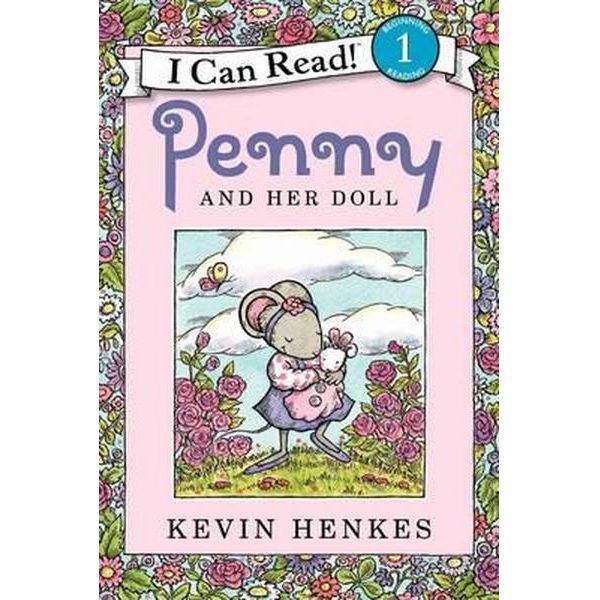
But in order for reading to bring both pleasure and benefit, you need a few simple steps:
1. Underline or mark unfamiliar words or those whose meaning you are not sure. If you read in an e-mail, mark them with a color. The main thing is that the reader allows you to edit the book file or make notes from above.
Council . Before looking up unknown words in the dictionary, try to guess their meaning from the context. In most cases, this is not difficult to do. The only exceptions are highly specialized terms, slang and phrasal verbs - then you won’t be able to guess.
2. Send underlined words to a special program to study them. Without additional software, you can still replenish your vocabulary, but with a program on your smartphone it will be easier - you do not have to remember the meaning of the word every time and you can learn it in just six repetitions.
3. Pay conscious attention to phrases, metaphors, allegories - in general, to everything that makes up the style of the book.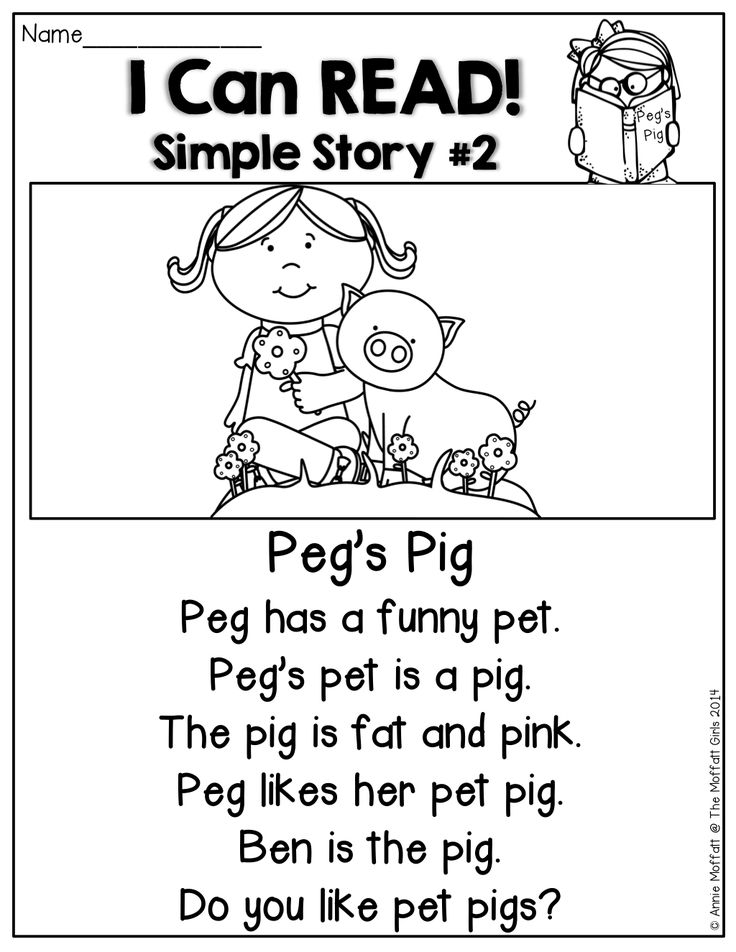 And then try to use them in your actual speech or texts. You may not know how to accurately translate a phrase into Russian, but you should clearly understand in which case it can be used in English.
And then try to use them in your actual speech or texts. You may not know how to accurately translate a phrase into Russian, but you should clearly understand in which case it can be used in English.
It also happens that you have read a sentence and understood absolutely nothing. This is fine.
Try reading it again. If the meaning also escapes after the second and third reading, it is better not to concentrate on it and skip it. If such misunderstandings happen once or several times throughout the book, then everything is in order, but if every page, then you need to moderate your ardor and try a simpler work.
Important! Refuse online translators. I would like to throw a complex sentence into some Google Translate, but you should not do this. Such instruments often distort the meaning of complex phrases.
To test this statement, let's take translations of the first paragraph from Tolkien's The Lord of the Rings.
Original:
When Mr.
Bilbo Baggins of Bag End announced that he would shortly be celebrating his eleventy-first birthday with a party of special magnificence, there was much talk and excitement in Hobbiton.
Google translate
When Mr. Bilbo Baggins of Bag End announced that he would soon be celebrating his eleventh birthday with a special lavish party, there was much talk and excitement in Hobbiton.
Per. Grigorieva and Grushetsky:
There was a stir in Hobbiton. Mr. Bilbo Sumniks, the owner of Bags, announced his intention to celebrate his one hundred and eleventh birthday and promised a very generous treat.
Per. Muraviev and Kistyakovsky
Then Bilbo Baggins, the owner of Bag-on-the-Cliff, announced that he wanted to celebrate his forthcoming 111th birthday magnificently, and all Norgord hummed and got excited.
***
Official translations deviate slightly from style and flaunt localizations of hero names and place names.
But they are a choice of taste. But Google translates as literally as possible, but here it has a serious mistake. Eleventy-first is "one hundred and eleventh", not "eleventh". And such jambs automatic translation allows a whole bunch.
Step 3. Fixing the effect
We figured out the process. There are a few more points left.
If you want to not only enjoy reading in the original, but also improve your English, then is the most important thing - the stability of .
It is better to read 15 minutes every day than 3 hours once a week. In order for reading in English to pump knowledge of the language, you need to read every day. It's not that hard to find 15-30 minutes a day: on the way to work, during your lunch break, after dinner instead of social networks and YouTube videos.
If you read for more than an hour, the brain starts to get tired out of habit. After all, it is difficult to perceive information in a foreign language in large quantities.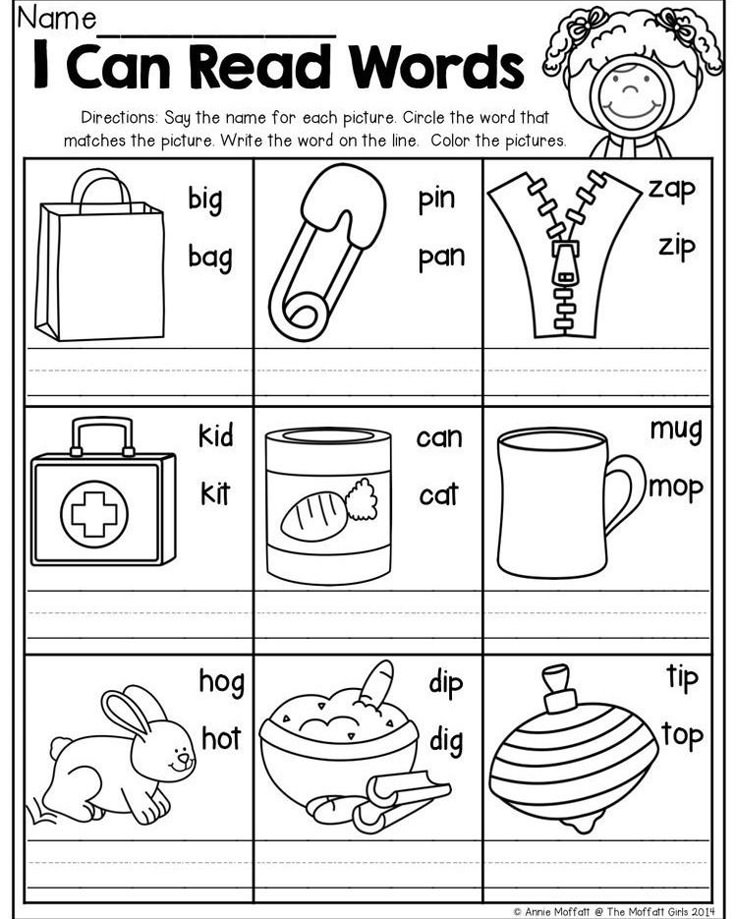 Attention deteriorates, consciousness ceases to focus on words and phrases, the meaning of words is not immediately remembered. Instead of pleasure, it turns out violence against oneself. So stability is more important than intensity.
Attention deteriorates, consciousness ceases to focus on words and phrases, the meaning of words is not immediately remembered. Instead of pleasure, it turns out violence against oneself. So stability is more important than intensity.
It often happens that a book seems good in Russian, but something is wrong in the original. This is normal, because translation is essentially localization in collaboration with a translator. Reverse situations also happen - the translation did not work, but the original cannon. Therefore, many people learn English in order to read texts in the author's language.
But there is one unique exception - Nabokov. The originals of many of his books are written in English, but at the same time he himself was engaged in their translations into Russian. The True Life of Sebastian Knight, Lolita, Pale Fire, Ada - feel free to read them if you want to feel the chic style and language of the writer. But it is not for beginners - you can comfortably read Nabokov at the Upper-Intermediate level.
Tip . If possible, choose your favorite books that you have already read in translation. Then you will pay more attention to the language and style of the story.
Re-read books after a few months. Firstly, it will help to open up new facets of history and language - you can re-read the classics dozens of times and find something that you missed during previous readings. Secondly, this way you can repeat all the vocabulary you have learned at once (remember - from 50 to 200 words). This is much more interesting than just driving the entire list for repetition in the application.
Interestingly, on first reading, there are few jokes and cultural references hidden in the text. But on the second or subsequent ones, they suddenly become clear.
Here is the personal experience of the author of the article. I first read Harry Potter in the original when I was a student. And then it seemed almost the same as in Russian.
Recently re-read - and there was a lot of linguistic humor, which for the first time was not perceived at all.
For example, the well-known gag in English circles “Can I have a look at Uranus too , Lavender ?” from the fourth book. Well, Uranus and Uranus. But then why did Lavender blush and run away after Ron said that? But because Uranus sounds exactly the same as Your anus. And there already is, because of which to blush. You have no idea how many of these hidden jokes writers hide in books. Oh-oh-oh-a lot.
So reading in English can be both fun and a normal level of language proficiency. Indeed, in the future, the studied vocabulary and grammatical constructions will be used as if by themselves - exactly where they are needed. So choose a book and sign up for a free trial lesson with an EnglishDom teacher.
Online school EnglishDom.com - we inspire you to learn English through technology and human care
Habr readers only the first lesson with a teacher in an interactive digital textbook for free! And when you buy classes, get up to 3 lessons as a gift!
Get a full month of ED Words premium subscription as a gift . Enter promo code november-2021 on this page or directly in the ED Words app. The promo code is valid until 12/10/2021.
Enter promo code november-2021 on this page or directly in the ED Words app. The promo code is valid until 12/10/2021.
Our Products:
-
Learn English Words with ED Words Mobile App
-
Learn English from A to Z in the ED Courses mobile app
-
Install the Google Chrome extension, translate English words online and add them to study in the Ed Words app
-
Learn English in a fun way with the online simulator
-
Strengthen your speaking skills and find friends in conversation clubs
-
Watch English life hacks video on EnglishDom YouTube channel
Your style of reading books says a lot about your intellect - and here's why / Sudo Null IT News If you love to read as much as I do, then going to a bookstore is like going to a candy store for a child.
The shelves are lined with treasures of human wisdom, revelations that each of the authors has been polishing for years.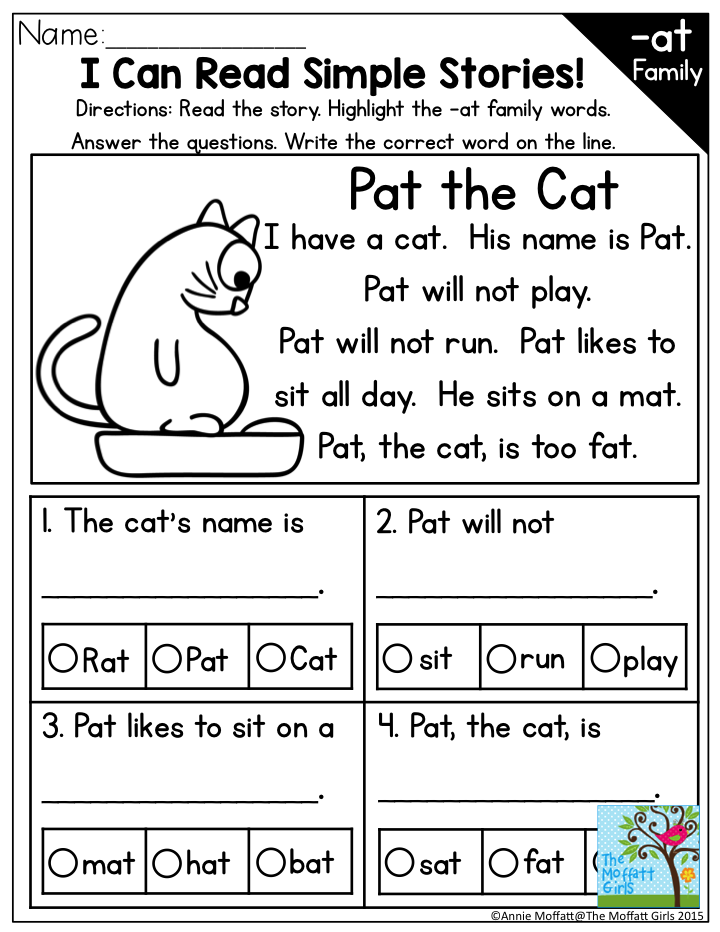 It's all here, right at your fingertips, concentrated in a format that makes you want to curl up and under the covers.
It's all here, right at your fingertips, concentrated in a format that makes you want to curl up and under the covers.
Naturally, you pull out a credit card or press the "Buy" button.
And the books are piling up. On your shelves. In the bedroom. In car. Maybe even in the bathroom.
The most selfless bibliophiles are looking for a place where no one had ever guessed to put books before:
Source: http://bit.ly/2JRrqbk
And as books accumulate, so does your greed. No, not the desire to read all the books you buy. Thirst not to finish reading those books that you have started.
If the following maxim is about you, then I have to please you.
"Even if you don't have time to read them all, it's good for you to overfill your bookshelves or reader."
— Jessica Stillman
In this article, I will explain why, for those who really take the time to read and learn to learn, unread books scattered around the house just indicate high intelligence, and not its absence.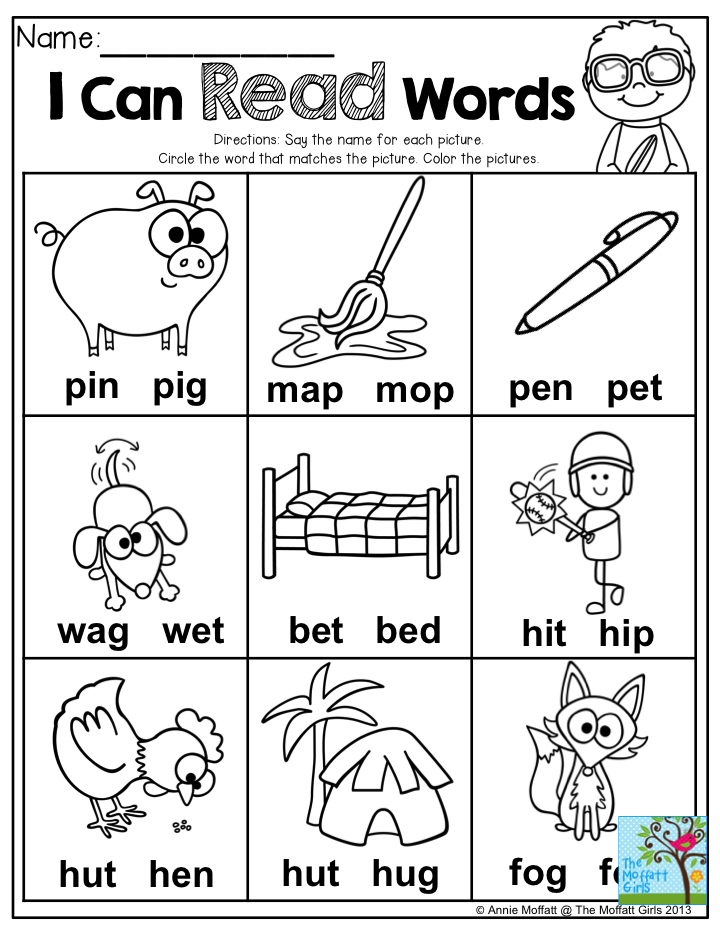
Transferred to Alconost
Not only are heaps of unread books scattered everywhere - this is the handwriting of a smart guy; such a person will make you an excellent company. I finally came to terms with my own greed when I got to know the reading habits of brilliant entrepreneurs in detail and interviewed my most successful friends in my own way. Most of them read only 20-40 percent of the books they buy. Many of them can read 10 books at a time. In fact, one of the most avid readers in the tech beau monde, a self-made billionaire entrepreneur, estimates that…
of them. I end up reading 1-2 books a week.”
— Patrick Collison
What is going on?
Studying the reading habits of others, coupled with the tremendous changes in our society, dominated by knowledge, I became convinced that our new times dictate new ways of searching, filtering, consuming and applying knowledge - the only way to change lives for the better.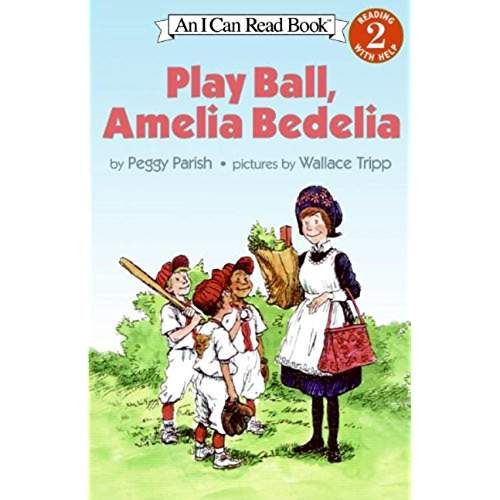
The explosion of information in a variety of media and formats, new research tools to help us find the best information, and apps to help us absorb it not only encourage us to read more. They encourage us to read in a new way.
A big part of my reading life is the old fashioned way of getting into art, but when I read to learn rather than relax, I use a lot of tricks and strategies to figure out which books to buy and how to read them.
Here are some of the smartest non-fiction reading hacks I've picked up from world-class entrepreneurs.
Life hack one: Considering books as an experiment
My friend Emerson Spartz, a successful serial entrepreneur and investor who has read thousands of books, convincingly demonstrates that buying a book is an experiment. The costs are small: you have to pay $ 15 and spend a little time. However, if you're lucky, the book can change your life. The rates are very good!
It is known that the more "smart" experiments you do, the higher your chances of finding a breakthrough experiment that will change everything.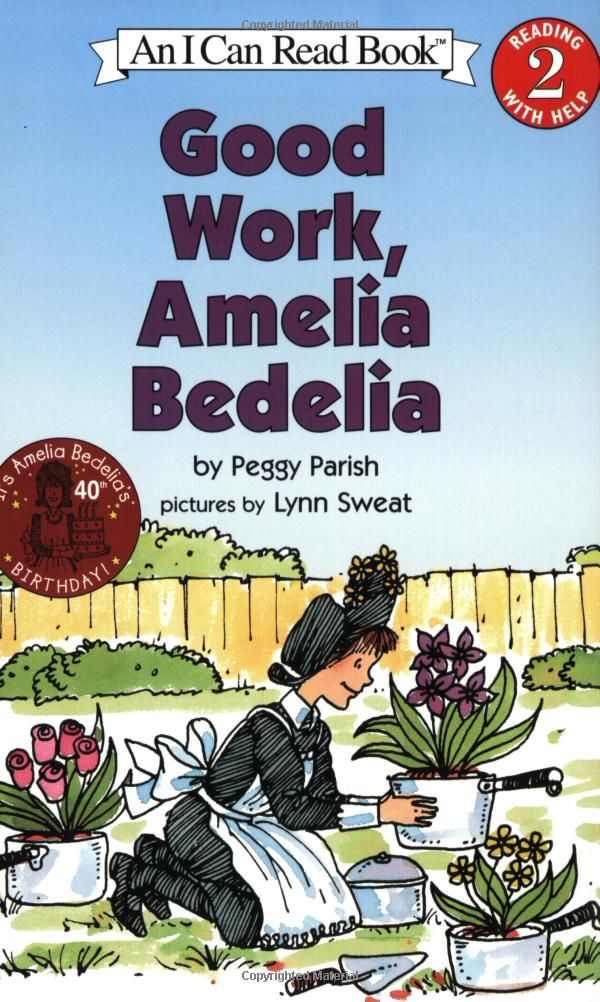 The most celebrated scientists and the most successful companies are usually the ones that experiment the most.
The most celebrated scientists and the most successful companies are usually the ones that experiment the most.
My experience is that you need to study, buy and research 10 books before you find the one that, in my opinion, contains breakthrough knowledge.
A good experimenter is willing to take some losses. Thus: every time you get a book, and it turns out to be nonsense, you are still one step closer to the book that will change your life.
Life hack two: Practice fractal reading
We, as a knowledge society, have reached a tipping point. The metadata generated by books (ie, author's interviews, author's presentations, book abstracts, reviews, citations, first and last chapters, etc.) are often as valuable as the book itself.
Why?
- All this is free. This information allows you to try many more books before you buy. Consequently, in every "experiment" with the purchase of a book, our chances of success increase.

- This is multimedia. All of this information is available in text, audio and video format, making it a better fit for your daily routine (for example, you can read it while traveling back and forth or at work).
- In this case, we have a high signal-to-noise ratio. In the abbreviated format, all the water is removed, the main ideas are presented immediately.
Just as a book is the quintessence of an author's best ideas, metadata is the quintessence of a book.
This is why I call this approach to reading "fractal"; because fractals are figures whose structure reveals identical patterns regardless of scale.
We have reached a point where it may be more useful and convenient to read non-fiction in the "fractal" mode, rather than the entire book from cover to cover. For example, I can estimate that I spend 50% of the purposeful study time on fractal reading, and not on deep sequential reading.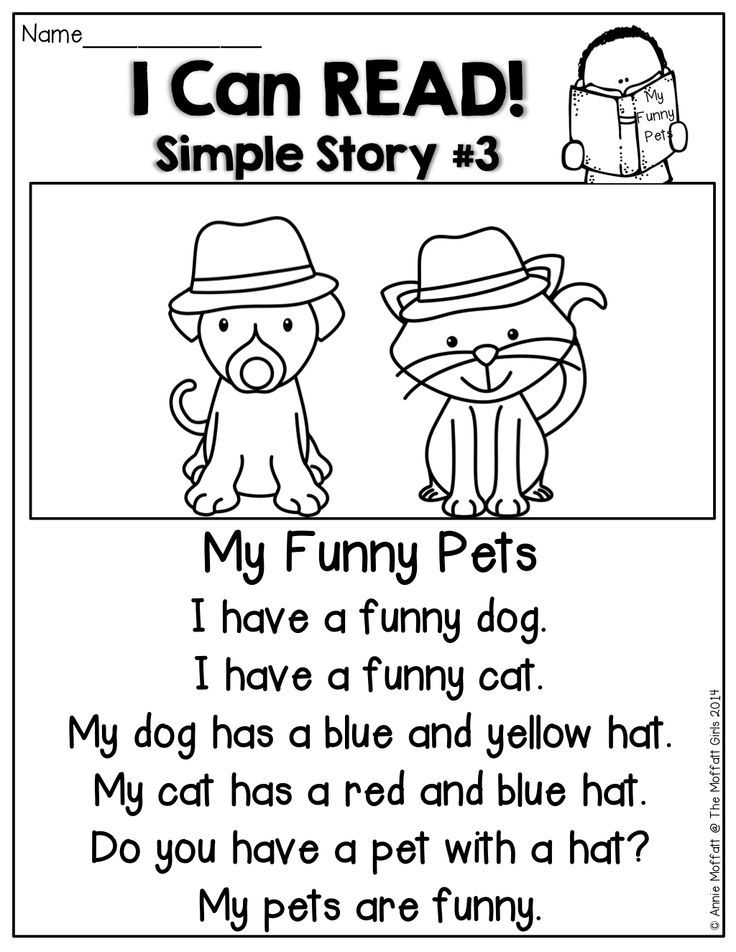 This makes it easier for me to choose books to dive into and also to recognize the most important and essential sections of the book so that I can jump directly to them. In most cases, a fractal reading of five books will be more valuable and exciting for me than studying one book from cover to cover.
This makes it easier for me to choose books to dive into and also to recognize the most important and essential sections of the book so that I can jump directly to them. In most cases, a fractal reading of five books will be more valuable and exciting for me than studying one book from cover to cover.
Here's how it's done:
- Reading 2-3 book summaries (google search). For almost any book, you can find several annotations, which often contain the most sensible information from the book (20% of the ideas containing 80% of its value). Let me explain: here I mean only non-fiction books; This rule, of course, does not apply to fiction.
- Listening to the author's interview (podcasts, Google). The interviews are engaging, and the facilitator takes over your job, asking the author the most essential and intriguing questions that emerge from the book.
- Watching the author's presentation (TED, Google or university lecture). When an author is forced to pack a 200-page book into a 20-minute lecture, he shares his biggest ideas, combining them into an optimal story.
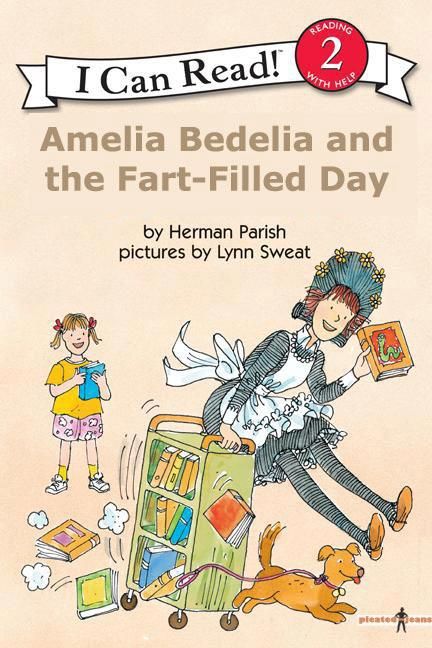
- Read the most helpful 1-star, 2-star, 3-star, 4-star and 5-star reviews (Amazon). Amazon helps everyone quickly sort through their most thoughtful reviews, from readers who fell in love with it to those who hated it.
- Reading the first and last chapters of the book. The first and last chapters of a book often contain the most valuable information (of course, this principle does not work if you want to plunge headlong into a novel). In addition, the first and last paragraphs of each chapter contain its most valuable ideas. Given that Google Books has free e-book samples and Amazon has a Look Inside feature, you can often get the first and last chapter of a book for free.
Life hack three: Unread books should remind us how little we really know
Intellectual humility is so valuable not only because it is a virtue. It is valuable because it allows us to more realistically conceptualize ourselves and our place in the world, and this helps us live more efficiently and harmoniously.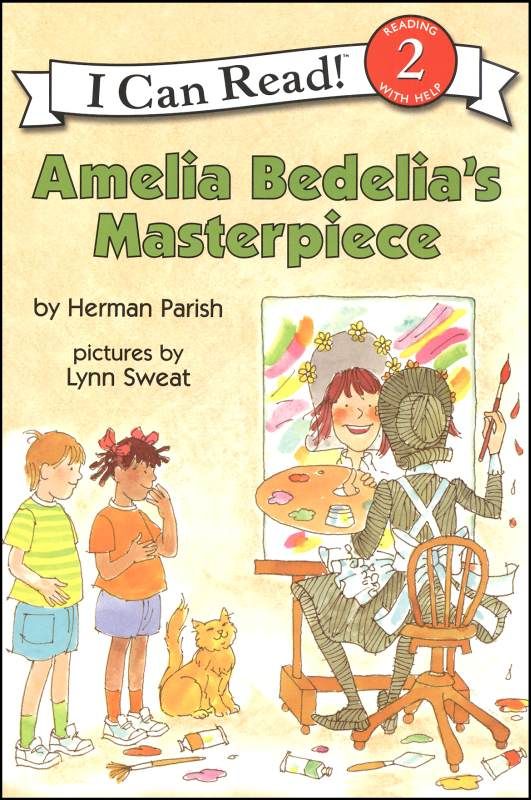 For example, humility helps us make better decisions and inspires us to study and learn.
For example, humility helps us make better decisions and inspires us to study and learn.
This is how I see it: there were billions of people in the world who accumulated knowledge and documented it for thousands of years. The knowledge of one person compared to the collective knowledge of all mankind is only a drop in the ocean. And this sea is expanding at an unfathomable rate. Most of the scientists who have ever lived in the world are our contemporaries!
Moreover, if we talk about all the knowledge that humanity is able to obtain, and about what we have already managed to discover, then the first is like the whole Universe, and the second is like a grain of sand. So, here are three levels for cultivating our humility:
- Individual Knowledge
- Modern knowledge of mankind
- All potential knowledge
However, at the level of everyday tangible experience, it seems that we know much more than we really do.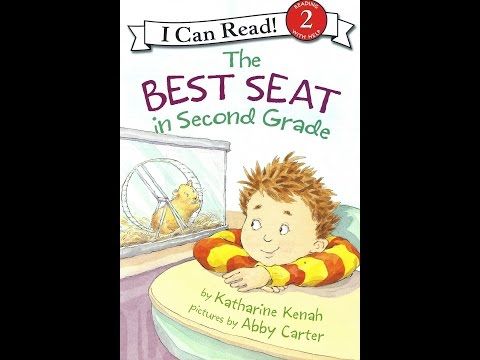 When all is well, it seems to many that they have comprehended the notorious "meaning of life." It's like we're at the end of a cycle instead of the beginning. It’s just that we are constantly reminded of the already known and rarely (if ever) of the unknown.
When all is well, it seems to many that they have comprehended the notorious "meaning of life." It's like we're at the end of a cycle instead of the beginning. It’s just that we are constantly reminded of the already known and rarely (if ever) of the unknown.
Naturally, conceptually, we can realize that we know far from everything, but we do not physically feel it. I was reminded of this recently when I spent two hours touring two of Princeton's six libraries. I happened to pass a space the size of 10 football fields, filled with books and scientific journals. On the one hand, I was inspired by looking at all this and realizing that all this can be studied. On the other hand, he experienced extreme humility. Libraries have helped me to realize how little I currently know, and to understand that even if I spent my whole life only reading, I would learn a small fraction of what is collected in them.
Collecting anti-library , that is, accumulating unread books at home, one can experience similar feelings.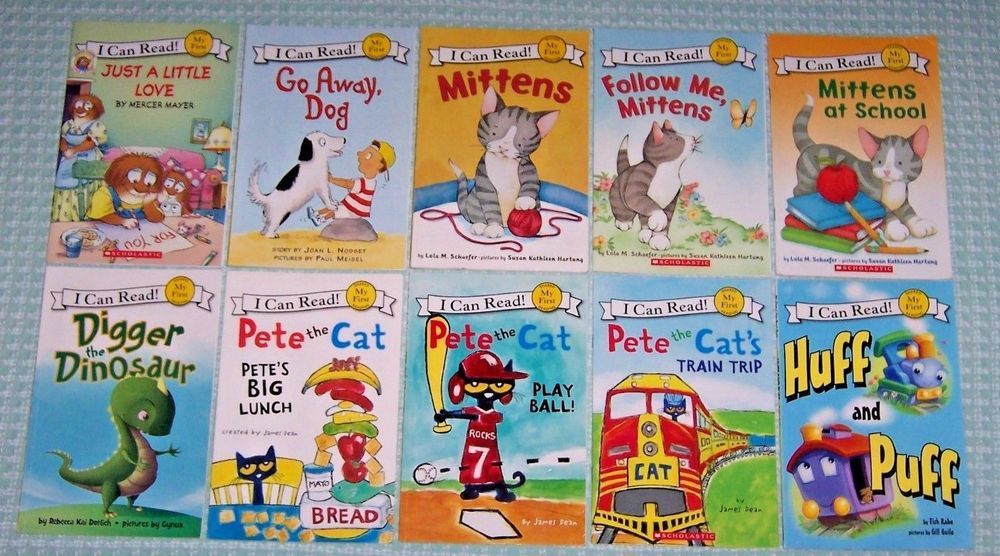 Nassim Taleb, a successful investor and best-selling author, brilliantly describes the value of an anti-library in his book Black Swan :
Nassim Taleb, a successful investor and best-selling author, brilliantly describes the value of an anti-library in his book Black Swan :
“A personal library is not an image accessory, but a working tool. Read books are far less important than unread ones. The library should contain as much of the unknown as your finances, mortgages, and the current difficult real estate market will allow you to fit into it. As the years go by, your knowledge and your library will grow, and the growing ranks of unread books will begin to look at you menacingly. In fact, the wider your horizons, the more shelves you have of unread books. Let's call this collection of unread books the anti-library."
Not only Taleb is of this opinion. The Italian writer and philosopher Umberto Eco collected over 30,000 books. Thomas Jefferson collected 6,000 books, thus, at that time, his library was the largest in the country. Jay Walker, the founder of Priceline.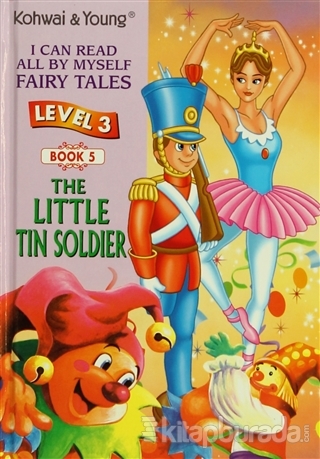 com, amassed such a huge library that he later built his house around it. Thomas Edison set up his desk in the center of his own three-story library. Bill Gates has many rooms in his house, but his favorite is his own colossal 2,100-square-foot library.
com, amassed such a huge library that he later built his house around it. Thomas Edison set up his desk in the center of his own three-story library. Bill Gates has many rooms in his house, but his favorite is his own colossal 2,100-square-foot library.
Personal library of Jay Waker, founder Priceline.com
Tomas Edison Library
Bill Gates Personal Library 900 In one excellent podcast from the Knowledge Project, Patrick Collison, founder of the Stripe project, self-made billionaire, puts forward the following thesis:
only known. However, as soon as you find another book that seems more interesting or more important, the current handbook should not hesitate to discard ... any other algorithm will cause your reading to get worse and worse over time.
In other words, remember what you were taught and do exactly the opposite. Instead of trying hard to “finish off” any book you start, allow yourself to simply put this book aside - but only if you find a more valuable one.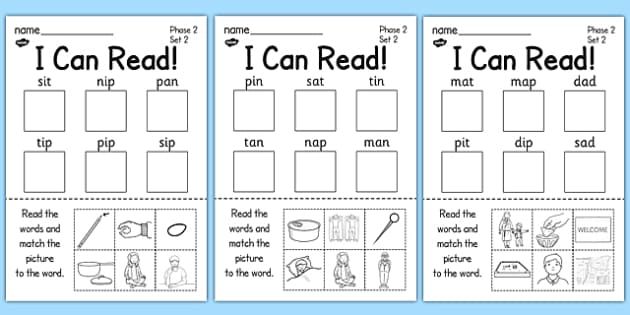 Life is too short and there are simply too many good books in the world. On the other hand, be careful and try not to go too far - that is, not to reject great books just because you got some new with a catchy title.
Life is too short and there are simply too many good books in the world. On the other hand, be careful and try not to go too far - that is, not to reject great books just because you got some new with a catchy title.
How do you know if you're jumping randomly from book to book? This is where fractal reading comes in handy. If the book's meta-information didn't grab your attention, then it's unlikely that the whole book will be enough.
Life hack five: Use the books you read to free up space in your head for great ideas to collide
It is known that targeted advertising is effective. The recipient perceives it both consciously and subconsciously. The same applies to those books that we correctly place in the existing context.
My mentor, business partner, and friend Eben Pagan compares a bookshelf to a playlist of timeless intellectual masterpieces:
“The most important book on your shelf is the one you haven't read yet.If you have a promising book, it may not be time to read it yet. Maybe you will ripen to it in a year, or maybe in ten years. However, if you spot a book at the right moment, you will be interested in it and take it off the shelf.”
Patrick Collison talks along the same lines:
“Another skill that I find very valuable is simply putting a book away. When someone recommends a book to me, I can often get myself a copy... and put it down. So, the books are in my kitchen. They lie in the bedroom. They are just scattered all over the place.Moreover, the situation is surprisingly common when someone else recommends you a book, or some aspect of it, and it is still at hand. In sight. And you'll think, "Oh, really, you need to get to know this thing."
Or learn about the book's importance in some other way. Read in the article. You will begin to realize its zest, or the question posed in it, or something else.

So one of the reasons why I continue to appreciate paper books is that the book creates a kind of idea space for you, in which fruitful collisions occur between such ideas more often.
Life hack six: read books like magazines
"Journal" reading of a book is a powerful metaphor. Picking up a magazine, we do not feel embarrassed if we skip some pages in it, or scroll diagonally in 5 minutes. On the contrary, we will scan the magazine in such a way as to find the most interesting and important articles, and then, having found them, we will carefully and slowly read them. This approach is very powerful on several levels:
- Helps you find the most important information to study in depth.
- Helps slow down so we can get the most out of the information we decide to delve into.
- Makes it easier to read, making it easier for us to stay consistent.
Let's face it, it's not as easy to focus for long periods of time as it used to be.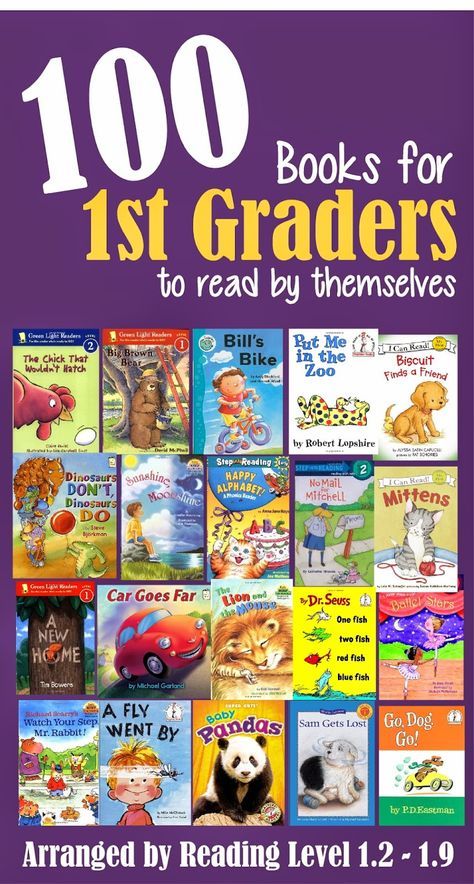 Yes, it would be great to sit and read for hours without distraction, but if this is not done properly, then the benefit is zero.
Yes, it would be great to sit and read for hours without distraction, but if this is not done properly, then the benefit is zero.
Avid reader and famed technology investor and entrepreneur Naval Ravikant has pioneered a reading system that helps to put even shortened periods of acute attention to good use.
Ravikant noticed that among the most valuable books there are a lot of old sources that form the basis for other books. He describes the value of these books in one of the Tim Ferriss podcast series:
“The older the problem, the older the solution. When it comes to old topics, such as how to keep your body healthy, stay calm and peaceful, what value systems are good, how to arrange a family ... for such problems, the old solutions are perhaps better than the new ones, as they have stood the test of time. Any book that has existed for 2,000 years is "filtered" by a lot of people."
However, Ravikant notes the important challenge of reading this kind of book:
“…but I knew it was a very difficult problem, because my brain is used to Facebook, Twitter and other sources where information is given by the teaspoon.So I used this tactic when I started thinking of books as one-off blog articles or miniature tweets or Facebook posts. I don't feel any obligation to finish the book. Now, when someone points me to a book, I buy it. At any given time, I read between 10 and 20 books. I flip through them, as soon as the book starts to get boring, I skip the uninteresting. Sometimes I start reading a book from the middle, because a paragraph caught my attention, and I continue from there. I don't feel the need to read at all. If at some point it seems to me that the book is boring due to clearly erroneous fragments (and I can no longer trust the rest of the information that is presented in it), I simply delete them and no longer remember them. Now I treat books like others - any other easy information that can be found on the Internet. All of a sudden, books are back in my circle of reading.”
Finally, it's not about how many books you finish reading
It is difficult to distinguish between just a book plush and a smart reader, if you just visit their homes.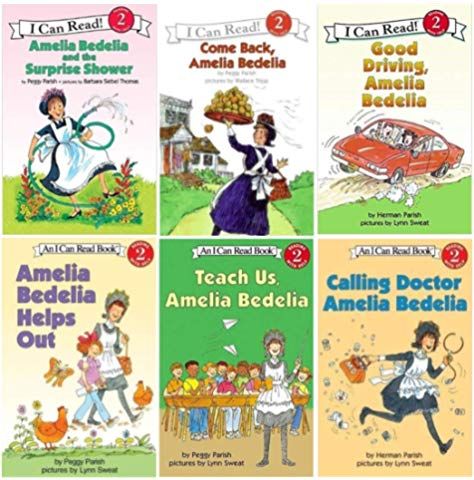 Both of them will have books all over the place. However, this similarity is superficial. In fact, there are three key differences between plushkin and a smart reader.
Both of them will have books all over the place. However, this similarity is superficial. In fact, there are three key differences between plushkin and a smart reader.
- Smart readers have a well-established learning ritual. I recommend sticking to the 5-hour rule: spend about an hour a day reading, following the example of many leading entrepreneurs and leaders. Today I devote 4-5 hours a day to systematic learning, while at the same time managing my company and raising two children.
- Smart reader learns to learn. In other words, he learns to make the best use of the time devoted to reading. I wrote a free email course to help you master mental models, one of the most important skills to help you learn faster and better. This course explains the models that billionaire investors use to make business and investment decisions. This is an arsenal that you can begin to apply in life and in business right now. You will also learn how to incorporate these patterns naturally into your daily life.
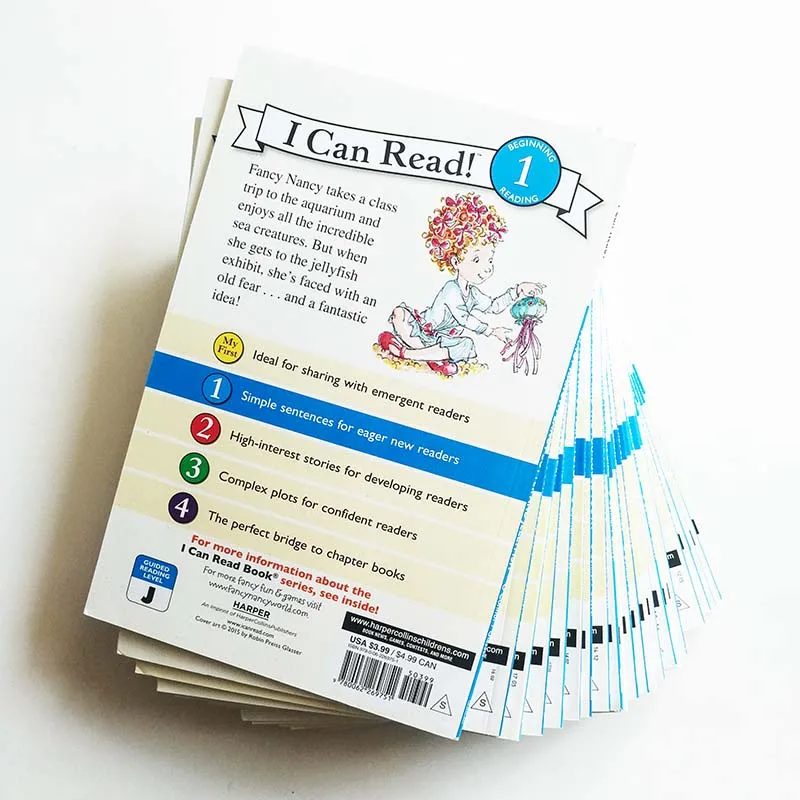
- Smart readers continue to act until they achieve the desired result. The value of theoretical knowledge lies in the ability to apply it in practice.
If you consistently adhere to these three principles, then the time will soon come to say goodbye to guilt. You don't have to read every book on your shelf. And when you take a book off the shelf, you don't have to read it to the end.
Plyushkin is proud of how many books he has, and an intelligent reader is proud of how much he was able to extract from his books.
About the translator
The article was translated by Alconost.
Alconost localizes games, applications and websites into 70 languages. Native translators, linguistic testing, cloud platform with API, continuous localization, project managers 24/7, any format of string resources.
We also make promotional and educational videos - for websites, selling, image, advertising, training, teasers, explainers, trailers for Google Play and App Store.

